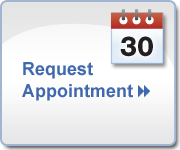Unfortunately, if you were late or missed a dose even once, your pet could have become infected if he or she was exposed during that time. Call your veterinarian and explain the situation. Depending on how many doses have been late, they may recommend that you have your pet tested for heartworm infection, then put your pet on a regular preventive schedule. You should also have your pet retested in six months, as recommended by the American Heartworm Society. (For heartworms to be detected, they need to be six months old.)
Preventing heartworms is much less expensive, which is why most veterinarians recommend that you keep your pet on heartworm prevention year-round.
Treating for heartworm infection can be quite costly because many factors affect the cost associated with treating heartworm infection, including diagnostic testing, hospitalization, medication, and office visits.


